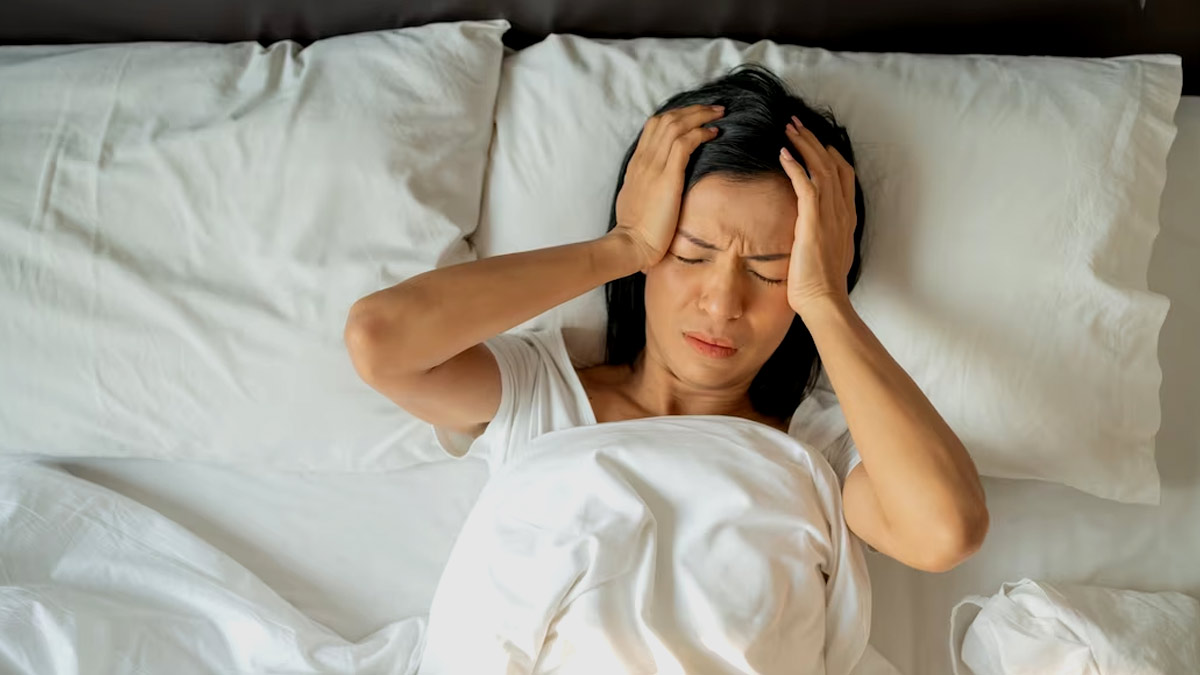
In today's fast-paced world, sleep often takes a backseat to our busy schedules and endless to-do lists. However, emerging research suggests that neglecting our sleep can have far-reaching consequences, particularly for young adults struggling with body image issues like muscle dysmorphia. A recent study conducted at a Canadian university has shed light on the alarming connection between poor sleep and the exacerbation of muscular dysmorphia symptoms. Understanding this link is crucial for promoting overall well-being and mental health among young individuals.
Table of Content:-
Muscle dysmorphia, also known as "bigorexia" or "reverse anorexia," is a body image disorder characterised by an obsessive desire to appear more muscular. Individuals with muscle dysmorphia often perceive themselves as inadequately muscular, despite possessing a well-developed physique. This distorted body image can lead to excessive exercise, steroid abuse, and extreme dietary habits—all of which can have serious health consequences.
The relationship between poor sleep and muscle dysmorphia is multifaceted and complex. Sleep deprivation disrupts hormone balance, impairs mood regulation, and distorts body image perception, all of which can exacerbate symptoms of muscular dysmorphia. Additionally, inadequate sleep impairs cognitive function and decision-making abilities, making it more challenging for individuals to resist harmful behaviours associated with the disorder.

Also Read: New Heart Attack Risk Found: Can This B Vitamin Be a Trigger? Know From Expert
Tips for Better Sleep
To address this issue and promote better sleep hygiene among young adults, Dr Abhinit Kumar, Senior Psychiatrist - Sharda Hospital, offers the following tips:
1. Establish a Consistent Sleep Schedule
Aim to go to bed and wake up at the same time every day, even on weekends. This helps regulate your body's internal clock and promotes better sleep quality over time.
2. Engage in Relaxing Activities Before Bed
Prioritise calming activities such as reading, taking a warm bath, or listening to soothing music before bedtime. Avoid screens, including phones and TVs, at least an hour before sleep, as the blue light emitted can disrupt your body's natural sleep-wake cycle.

Also read: Is There a Link Between Obesity or Weight Gain and Mental Health Issues? Expert Decodes
3. Watch Your Diet
Be mindful of what you eat and drink before bedtime. Avoid heavy meals, spicy foods, and excessive liquids, as these can cause discomfort and disrupt your sleep. Opt for light, easily digestible snacks if you're hungry before bed.
4. Limit Caffeine and Alcohol Intake
Avoid consuming caffeine and alcohol in the hours leading up to bedtime. Both substances can interfere with your sleep cycles and make it harder to fall asleep. Instead, opt for caffeine-free beverages and herbal teas to promote relaxation.
5. Manage Stress
Take proactive steps to reduce stress and promote relaxation before bedtime. Engage in calming activities such as meditation, deep breathing exercises, or journaling to clear your mind and prepare for sleep. Avoid engaging in negative or emotionally taxing conversations before bed, as these can disrupt your peace of mind and make it harder to unwind.
In addition to these practical tips, it's essential for individuals struggling with muscle dysmorphia or sleep disturbances to seek professional help. Consulting a psychiatrist or mental health professional can provide personalised treatment and support to address underlying issues contributing to poor sleep and body image concerns.
A Final Word
By prioritising adequate sleep and implementing healthy sleep habits, young adults can improve their overall well-being and mental health. Recognising the link between poor sleep and muscle dysmorphia is the first step toward promoting a positive body image and achieving restful, rejuvenating sleep.
Also watch this video
How we keep this article up to date:
We work with experts and keep a close eye on the latest in health and wellness. Whenever there is a new research or helpful information, we update our articles with accurate and useful advice.
Current Version